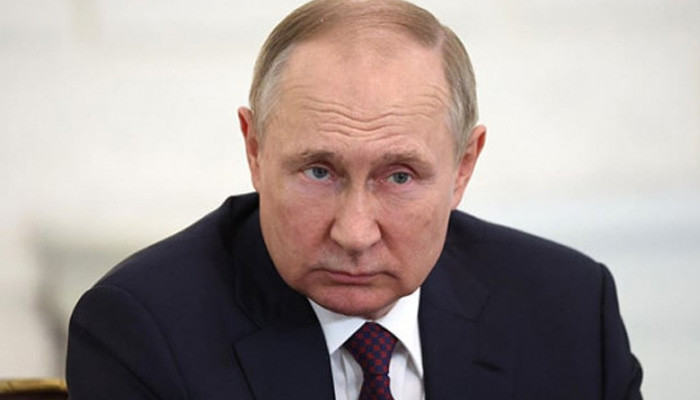#WSJ: It’s time to end magical thinking about Russia’s defeat
 2471 Friday, 17 November, 2023, 20:48 As Russian President Vladimir Putin looks toward the second anniversary of his all-out assault on Ukraine, his self-confidence is hard to miss. A much-anticipated Ukrainian counter-offensive has not achieved the breakthrough that would give Kyiv a strong hand to negotiate. Tumult in the Middle East dominates the headlines, and bipartisan support for Ukraine in the U.S. has been upended by polarization and dysfunction in Congress, not to mention the pro-Putin leanings of Republican presidential front-runner Donald Trump. Putin has reason to believe that time is on his side. At the front line, there are no indications that Russia is losing what has become a war of attrition. The Russian economy has been buffeted, but it is not in tatters. Putin’s hold on power was, paradoxically, strengthened following Yevgeny Prigozhin’s failed rebellion in June. Popular support for the war remains solid, and elite backing for Putin has not fractured. Western officials’ promises of reinvigorating their own defense industries have collided with bureaucratic and supply-chain bottlenecks. Meanwhile, sanctions and export controls have impeded Putin’s war effort far less than expected. Russian defense factories are ramping up their output, and Soviet legacy factories are outperforming Western factories when it comes to much-needed items like artillery shells. The technocrats responsible for running the Russian economy have proven themselves to be resilient, adaptable, and resourceful. Elevated oil prices, driven in part by close cooperation with Saudi Arabia, are refilling state coffers. Ukraine, by contrast, depends heavily on infusions of Western cash. Putin can also look at his foreign-policy record with satisfaction. His investments in key relationships have paid off. China and India have provided an important backstop for the Russian economy by ramping up imports of Russian oil and other commodities. Instead of fretting about lost markets in Western Europe or Beijing’s reluctance to flout U.S. and EU sanctions, Putin has decided that it’s more advantageous in the short term simply to become China’s junior partner in the economic realm. Goods from China account for nearly 50% of Russian imports, and Russia’s top energy companies are now hooked on selling to China. |

U.S. withdrawing troops from Qasrak base in Syria
12712:12
Zelenskyy says Putin already started World War Three and urges action (video)
16411:31
Sheinbaum: The situation in most of Mexico remains normal
20410:30
Tehran minister likely to meet Witkoff on Thursday, says ‘good chance’ of diplomatic solution
411Yesterday, 21:37
The Rada announced the dates of the presidential and parliamentary elections in Ukraine
73921.02.2026, 10:23
US weighs on assassination attempt on Iran's supreme leader, his son — news outlet
69721.02.2026, 10:22
Zelenskyy: Ukraine is ready for compromises, but not at the cost of independence and sovereignty
76620.02.2026, 17:55
Araghchi: There is no military solution to Iran's nuclear program (video)
68820.02.2026, 16:57
